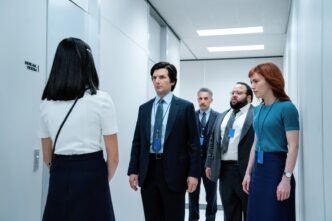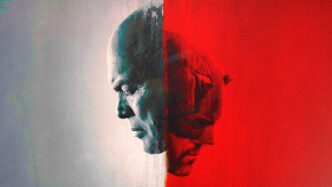Jon Favreau’s The Lion King is, without a doubt, an impressive technical achievement. The photorealistic visuals often makes you feel as though you are watching a high-definition documentary on the savanna.
However, it’s also an almost shot for shot remake of the original that feels pointedly bereft of emotions and sincerity. It’s the adaptation equivalent of Tupac’s hologram: it works, but there’s no solid reason for it to exist.
Disney has been reanimating the sleeping husks of its animated properties for the last decade, starting with Alice in Wonderland (2010), before moving up to the likes of Cinderella (2015), The Jungle Book (2016) and Beauty and the Beast (2017). The Lion King is simply the latest installment in this exercise, following the heels of Dumbo and Aladdin earlier this year.
The plot remains the same: young cub Simba (Donald Glover) has to confront his destiny after losing his father, Mufasa (James Earl Jones) to the villainous Scar (Chiwetel Ejiofor). Along the way he meets friends (both old and new) and learns to accept responsibility for his actions.
As mentioned, the first thing that pops out about the movie is it’s hyper-realistic visuals. These were designed inside a game engine, and then rendered in VR. Favreau and his crew used VR headset to ‘move’ their camera, effectively achieving the sort of camera angles you find in a live action film.

However, these visuals constrains the characters from emoting expressively: much of the dialogue’s original power is lost, as it’s matched with dead-eyed, bland-faced characters. In the Jungle Book, there was at least one human character who could emote in a meaningful way. Here, however, the heart of the story remains muted, which is unfortunate.
The songs here are also much less impressive: Scar’s Be Prepared is whispered more than sung, and Can You Feel the Love Tonight actually takes place in broad daylight than dusk.
On the voice acting end, Donald Glover and Beyonce Knowles-Carter do well with their roles. Chiwetel Ejiofor is almost completely transformed as the angry, Shakespearean Scar.
There are, of course, moments of majesty, such as when darkness and stars fill the sky, indicating that Mufasa has taken his place among the other departed lions, and then a lengthy scene of transference that ends in Rafiki realizing that Simba is still alive. However, the film fails to rise beyond the standards set by the original.
I wouldn’t go so far as to call it a ‘creative dead end’, (like Justin Chang from NPR did), but the film is a misstep more than a triumph. Perhaps, it would have stood more on its own if it took a different approach to the core story, but as it stands, it’s a lesser treatment of the original. The splendid visuals almost serve as a proof of concept, and maybe they would have better served for a different story.







